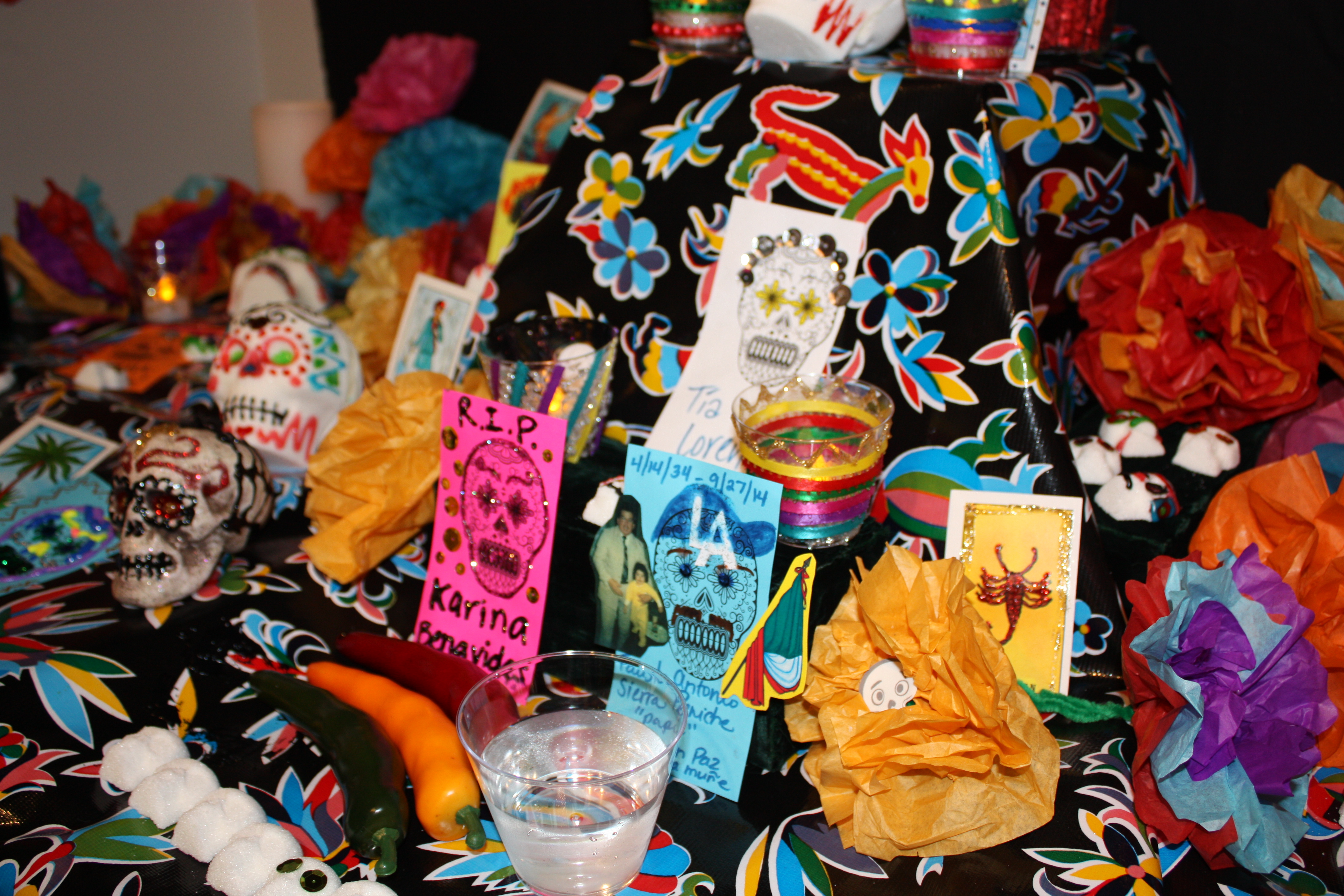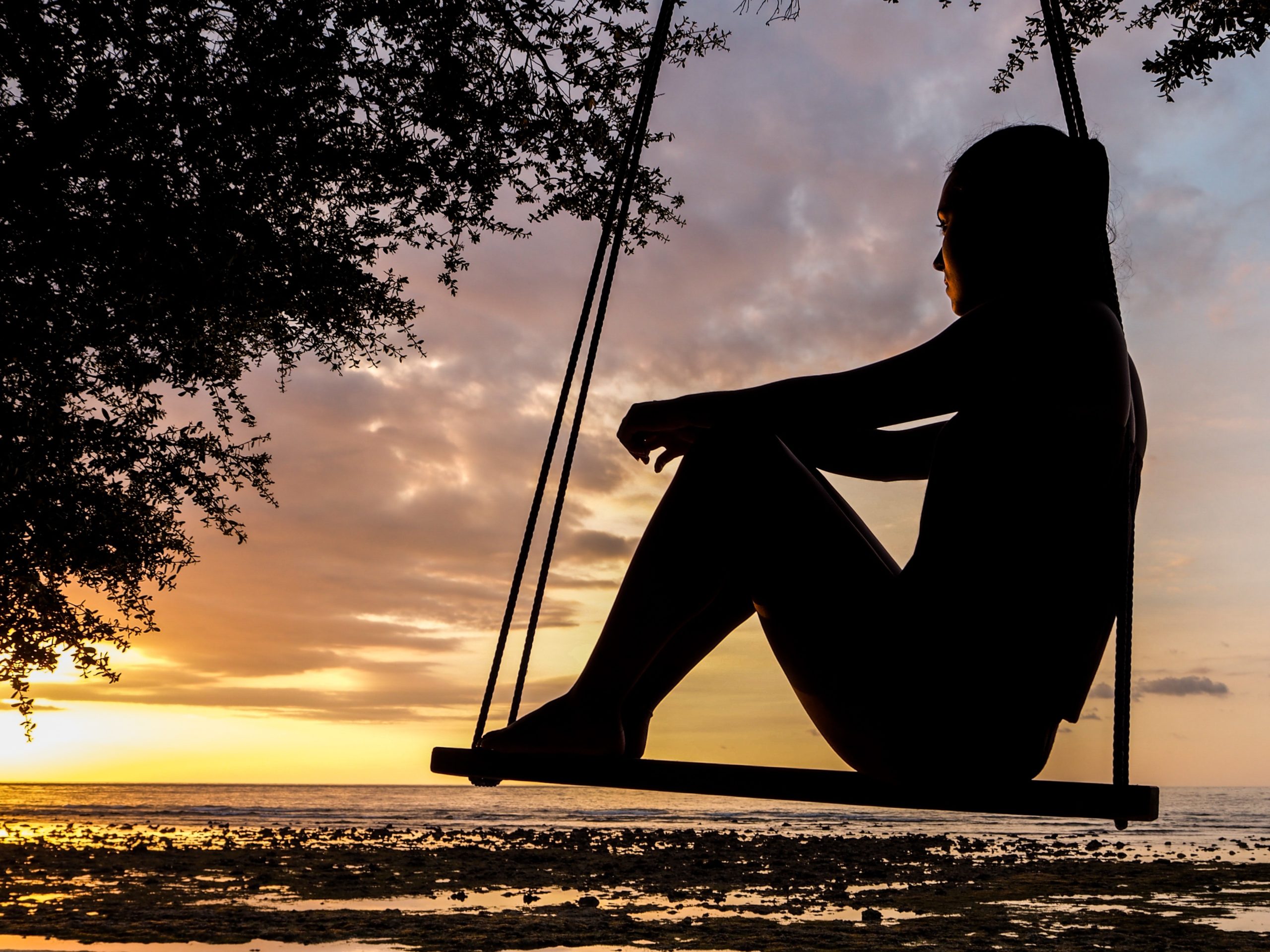With Halloween and Dia de los Muertos still in our rear view and winter winds upon us, it seems appropriate to talk about the dead. What’s that, you say? Thinking about the dead is just for poets and history majors?
Well maybe in our Western mindset this could be the case however, honoring the deceased is a common practice in nearly every culture except our own.
Perhaps it is our obsession with aesthetics that makes us dislike considering the dead. Or perhaps it just makes us uncomfortable to even bring up the idea that one day we will stop being what we are right now.
Some religious scholars believe this has more to do with the rise of the Abrahamic religions. Christianity in particular seems to prefer avoiding anything that isn’t all sunshine and rainbows and seems to see any form of otherworldly contact that isn’t Jesus as a bad thing or a trap. All of our media seems to perpetuate this concept.
There are a few important things to consider here.
For one, consider what we have recently discovered about genetics. Until the past couple years the debate of nature versus nurture has been a standard line of conversation and debate in virtually every biological and psychological field. Until recently, that is, when it was discovered that our genes are not in a static state. Not ever.
We now know that each and every real-life real-time 3D experience we have is constantly locking and unlocking lines of genetic code. The implications of this are staggering. Nature versus nurture now becomes a dynamic relationship of nature and nurture with too many parameters and variables to ever comprehend.
Now consider genetic memory, or instinct, and the countless humans that lived, laughed, loved, struggled and died, passing all those experiences and immunities down to you. Does it not seem the most natural thing in the world to leave out some flowers for them? Not just the veterans, and not just the ancestors with notable stories showing up on your Ancestry.com profile, but all of them.
Whether you “believe in this stuff” or not, the fact remains that the whole world once remembered and honored the dead in various cultural paradigms. That practice is something we, as Americans, have all but lost. I’m going to go out on a limb here and agree with many shamanic practitioners of the modern age in their assessments that we have a problem with unresolved dead because of this.
In traditional beliefs of many, many cultures even funerary rites are specifically designed to ensure the safe and healthy passing of the dead to the other side. In this world where many die unknown and unloved, or can’t afford a funeral or proper ceremony, or even just died without resolving a large amount of their trauma, we have a lot of people sticking around in a confused state and in doing so, putting their baggage upon us.

Related Articles:
If this sounds off-base, remember – the sins of the father will be passed to the son for however many generations and so-on, etcetera.
There are modern shamans that draw parallels between this and our cultural obsession with zombies and our rampant psychological conditions. The idea there being that the unresolved dead are literally trying to live out their healing through you. This is somewhat disturbing, but when this concept is sat with for a while can begin to make a lot of sense.
If this all sounds to you like Reverend Janglebones has gone off the rails I would not be surprised (just be glad I’m not sharing my dream journal). But if this rings a bell of any kind, I recommend researching ancestral veneration and linkage repair.
Whether you believe it or not, it can still change your life for the better.
Brian Yoder
Reporter


